Black Keys Address the Long-Term Impact of Boycotting Spotify: ‘Taking a Stand Definitely Hurt Us’
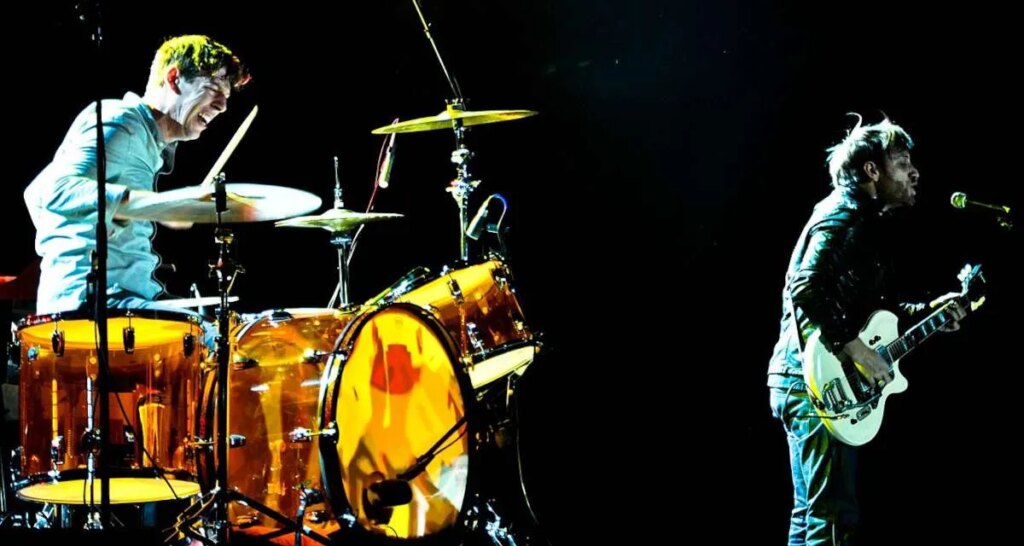
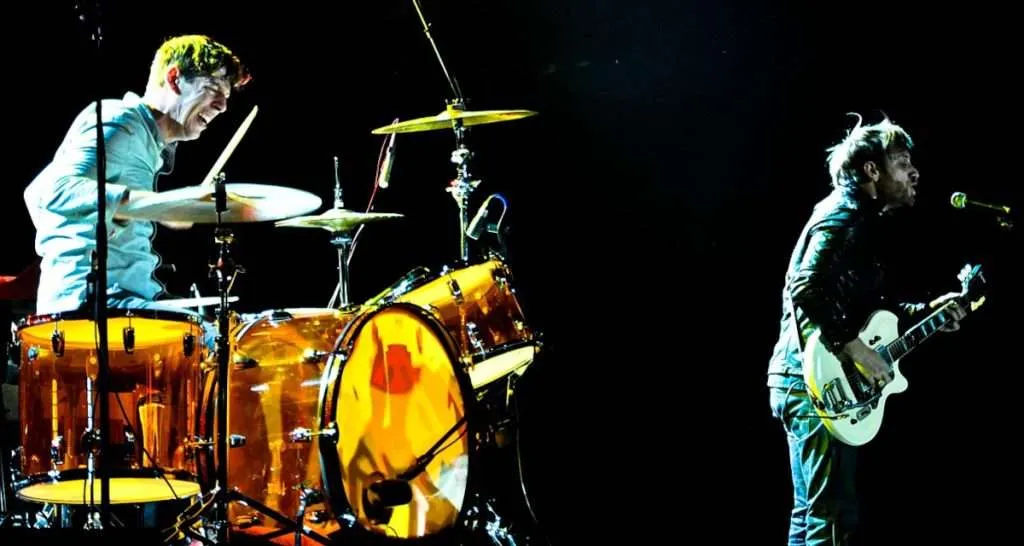
A live performance from The Black Keys. Photo Credit: Richard Abrahamson
Close to a decade after ending their Spotify boycott, The Black Keys have acknowledged the temporary streaming absence’s long-term commercial consequences.
The rock duo assessed this impact during a recent Far Out interview in support of No Rain, No Flowers. That 11-track effort, the title of which isn’t a surprise in light of certain 2024 developments, became available to fans via Spotify and other DSPs last Friday.
But as many will recall, The Black Keys didn’t always release their works through the leading music platform, which reported an average of nearly 700 million MAUs for Q2 2025.
A selective-licensing approach was in place when 2011’s El Camino released without arriving on Spotify, which only received the singles from 2014’s Turn Blue. The Black Keys then added both projects to Spotify (and ended the boycott) in 2016.
Though members Patrick Carney and Dan Auerbach made clear that they don’t regret the boycott, they also recognized its bigger-picture commercial fallout.
Ultimately, “there was no alternative” to opting for full-scale Spotify releases “if you wanted your music to be heard by kids who don’t buy records,” Carney summed up to Far Out. Additionally, both he and Auerbach expressly noted that the stance “definitely hurt” the Keys in the long run.
During the same sit down, the professionals underscored that streaming’s sorry state – referring to the AI-upload tidal wave, the sea of non-music noise, Spotify’s 1,000-stream royalty minimum, contractually guaranteed exposure for major label acts, and different shenanigans to boot – is particularly detrimental to emerging talent.
Nevertheless, The Black Keys didn’t place the compensation blame squarely on Spotify’s shoulders, instead noting that a comparatively small piece of the service’s massive payouts is “allocated” to artists from label intermediaries.
Of course, the subject isn’t new; remember the years-old conversation on the topic between Carney and Spotify head Daniel Ek?
But it’s come up multiple times in 2025, which has delivered related remarks from Snoop Dogg and Kate Nash. Naturally, this all leads to an important question: If boycotting Spotify sacrifices fans and even ultra-prominent artists are unsatisfied with their eventual royalty payments, what’s the solution?
As is so often the case in the industry, a one-stop answer doesn’t jump out. At the top level, however, enduring paltry payments on traditional services while leveraging superfan offerings such as OpenWav doesn’t seem like a bad idea.
Closing with a bit of silver lining: Monetizing diehard support is a bigger focus than ever, and proper music – not AI slop or popular releases devoid of artistic merit– is inherently well-positioned to fuel meaningful fan connections.
Link to the source article – https://www.digitalmusicnews.com/2025/08/11/the-black-keys-spotify-boycott-impact/
-
GLARRY Full Size Acoustic Electric Bass Guitar Beginner Kit, Cutaway 4 Strings Electric Acoustic Bass Guitar w/Inbuilt Tuner, Bag, Strap, Picks, Strings, Basswood Bass Guitarra, Matte Black$90,98 Buy product
-
B&C 8NDL64 Studio Subwoofer, Black, 5.00 x 5.00 x 8.00 inches$0,00 Buy product
-
Ktaxon 6 String Electric Guitar Kit, 39 Inch H-H Pickups Tiger Stripe Beginner Electric Guitar Set with 20W Amplifier, Tuner, Bag, Strap, Cable, Accessories for Adults & Teens (Black)$89,99 Buy product
-
ALABS Fxcaster Podcast Equipment Bundle – All-in-One Podcasting Starter Setup with 7-Channel Soundboard, Audio Interface, and 25mm Diaphragm XLR Microphone for Live Streaming, Recording, and TikTok$239,99 Buy product
-
Pipleo Piano Keyboard 88 Keys, Beginner White Electric Piano Keyboard With Three Pedals, USB Midi Connecting and Audio Output$289,98 Buy product
-
ROCKSOCKI Electronic Tabletop Drum Set, Portable Digital Drum Kit 7 Velocity Sensitivity Drum Pads, LED Music Level Light, USB-MIDI Mac & PC Support, Ideal Gift for Adult and Beginners$99,99 Buy product






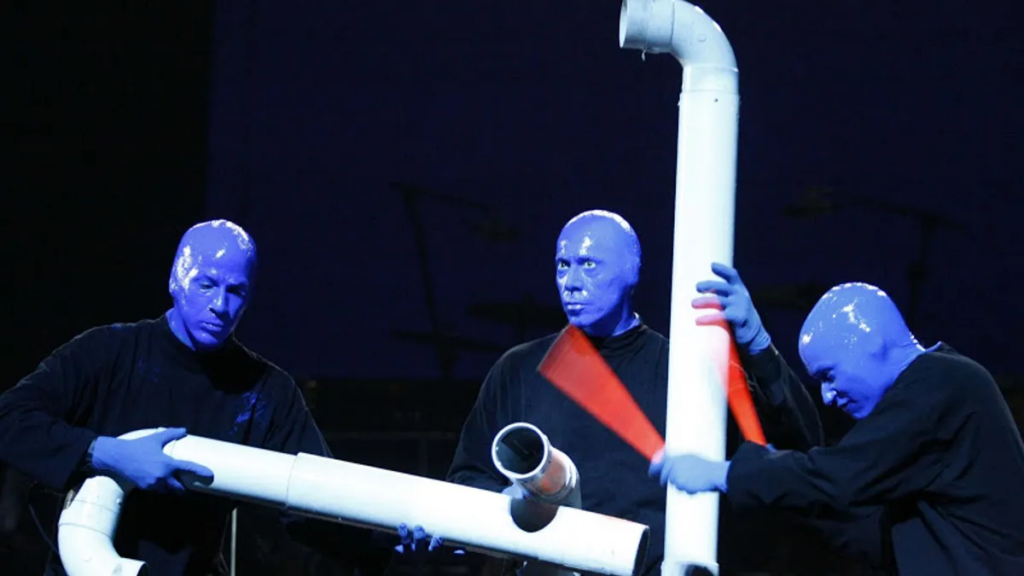
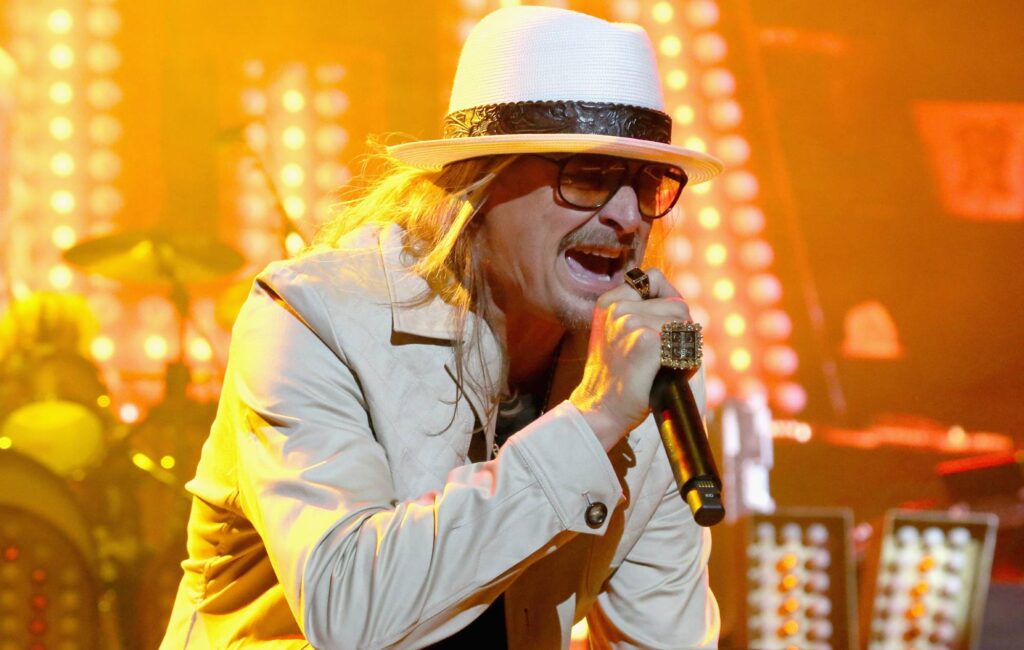
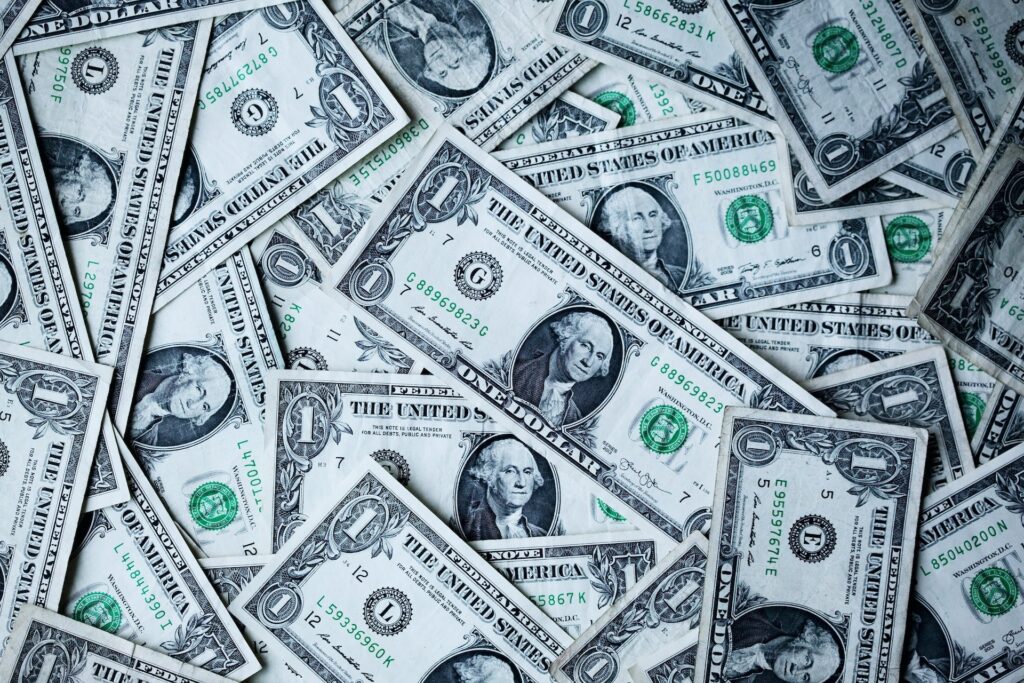
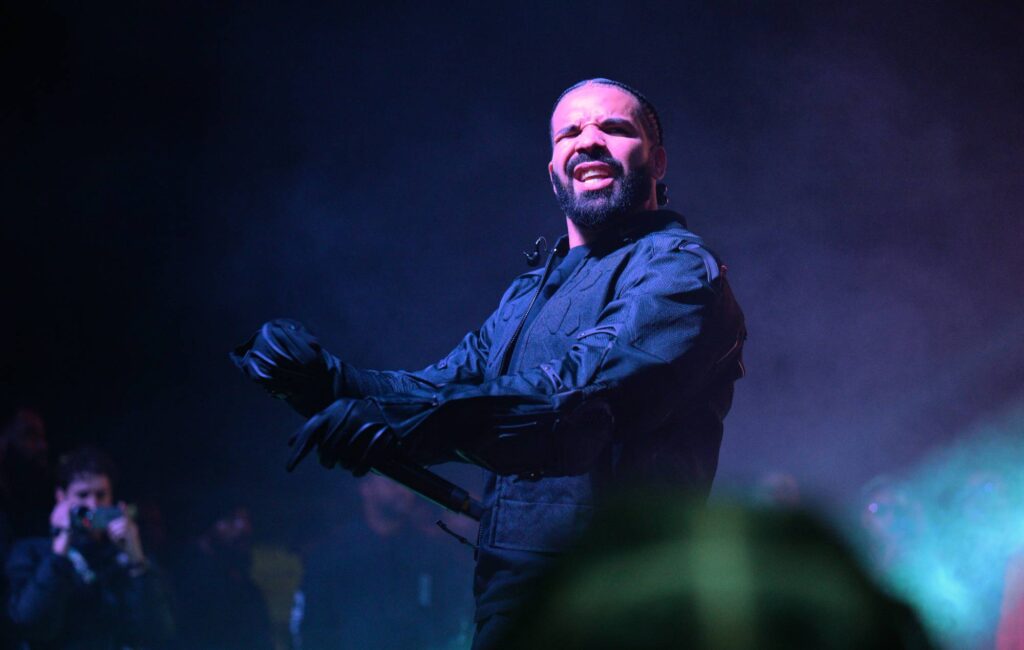

Responses